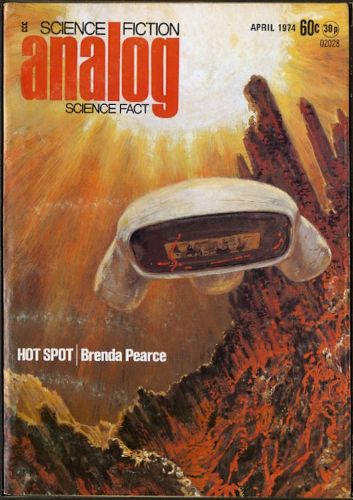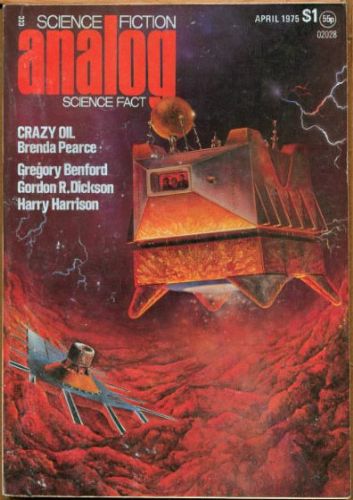I couldn't find a good review (probably should have tried with more search engines) but I did find this. (Bold and underlines mine, of course.)
To VENTUR the Subs were a nuisance. The underworld's billions were fed and housed: under the stern but loving care of the great machine systems. True, they had to live in packed hives underground, to preserve the unique beauty of the only living world in the known universe. But their cultures were respected, their welfare was assured, and a minority even had meaningful work to do. There was no cause for complaint. Only the Subs, the "numbers" of the former Indian Sub-Continent, refused to be grateful and humble... ALIC was an innocent tourist, a retired games conceiver, drawn to the old home planet, and to the restive "Subcontinent" in the hopes of a little old-fashioned excitement. Then she met Millie, who invited her to play a game that would be like no other. And ALIC fell into the depths, into the churning, peopled void. Her whole existence became a frantic series of escape attempts; while around her a proud, ancient culture surged toward violent revolt against the all-powerful Space Habitats.
Escape Plans (1986), was acclaimed and reviled at its first publication, as an uncompromising vision of a world where humans live in total fusion with the digital machinery. It has since been recognised as a significant and highly original feminist "Cyberpunk" work. For lovers of hard radical science fiction, this new e-edition offers a challenging read, full of dizzying speculation, that also packs a big emotional punch.
Sounds like a "feminist" talking about "culture" whose gimmick is "The Great Computer" and doesn't sound like "hard radical SF" to me. I have read some Jones stories and some were pretty good, though her Mars has ghosts and such like. She has appeared in space opera books, etc. And this might be excellent or interesting in general but it doesn't sound like it fits the bill for me.
(Again, just in case people come in mid-thread and misunderstand,
The Left Hand of Darkness and
The Dispossessed are from a "feminist" talking about "culture" and Pat Cadigan talks about "great machines" after a fashion (and takes a back seat to no man, either). This is a fine thing. It's just that I feel like RX (and certainly I) are looking for something else to add to those.)



